Fairness is a foundational principle that underpins ethical reasoning and decision-making.
In the context of the Religion of Logic, fairness aligns seamlessly with the principles of Boolean logic, which emphasizes clear, rational thought processes. This article explores the concept of fairness as a central theme in Boolean logic and its critical role in the teachings of our faith.
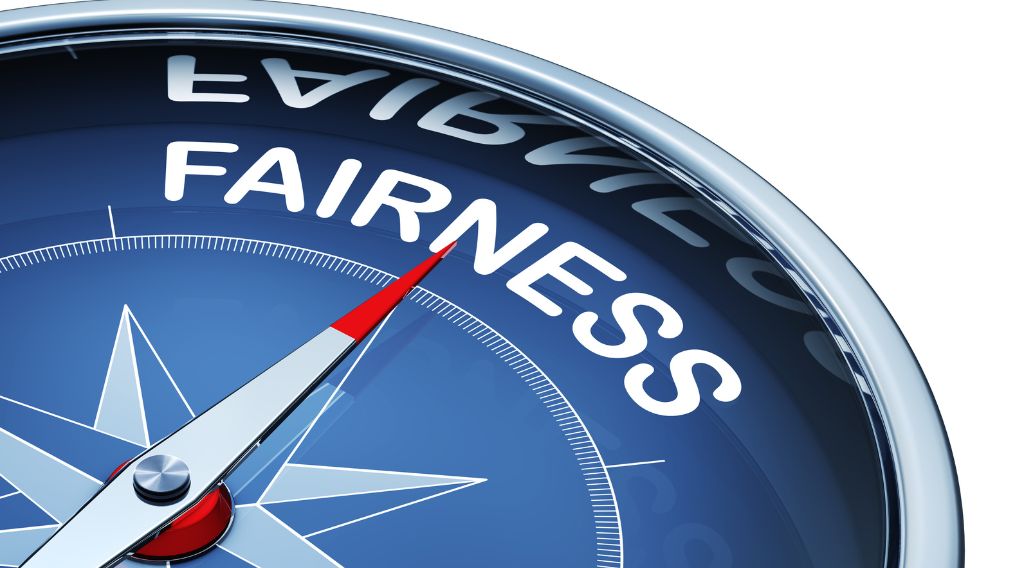
Understanding Fairness in Boolean Logic
At its core, Boolean logic operates on binary principles: true/false, yes/no, and the interplay of logical operators such as AND, OR, and NOT. These principles lend themselves to a clear and objective framework for evaluating situations and making decisions. Fairness emerges as a vital component when applying these logical structures to ethical dilemmas, ensuring that all perspectives are considered and that decisions reflect an impartial analysis of facts.
Example: In a situation where a group must decide on resource allocation, using Boolean logic allows for a fair evaluation of needs based on clear criteria. Decisions made through this logical lens minimize bias and promote equitable outcomes.
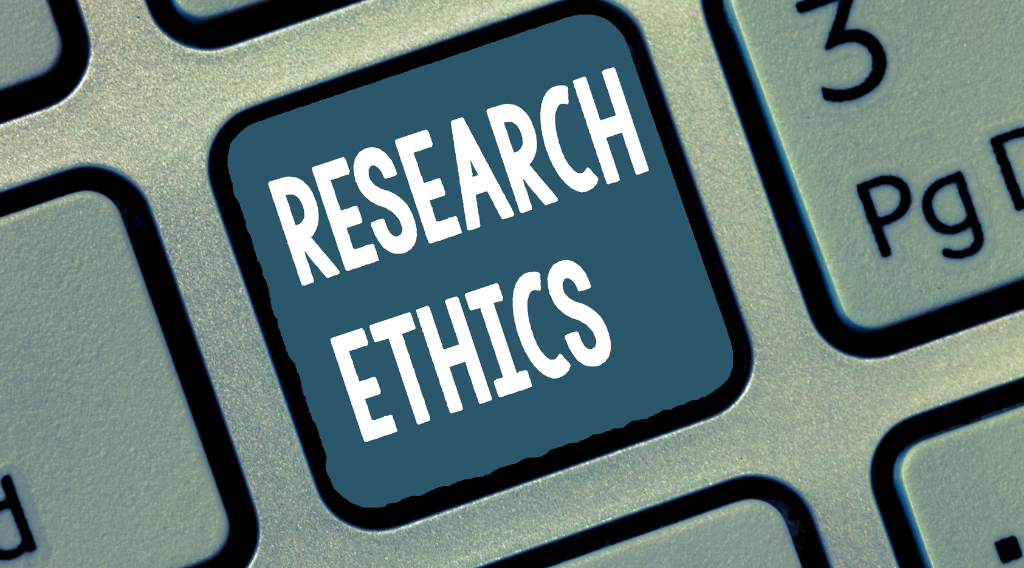
Fairness as a Reflection of Ethical Integrity
Fairness is intrinsically linked to the broader concept of ethical integrity, which emphasizes the importance of honesty, transparency, and accountability. In the Religion of Logic, fairness acts as a guiding principle that shapes our actions and interactions. Upholding fairness is essential for cultivating trust within our communities and ensuring that ethical standards are met.
Example: Consider a scenario in which community leaders must choose a project to fund. By applying a fair decision-making process—one that involves input from various stakeholders and evaluates the potential impact on all—leaders demonstrate their commitment to ethical integrity and foster a sense of community ownership.
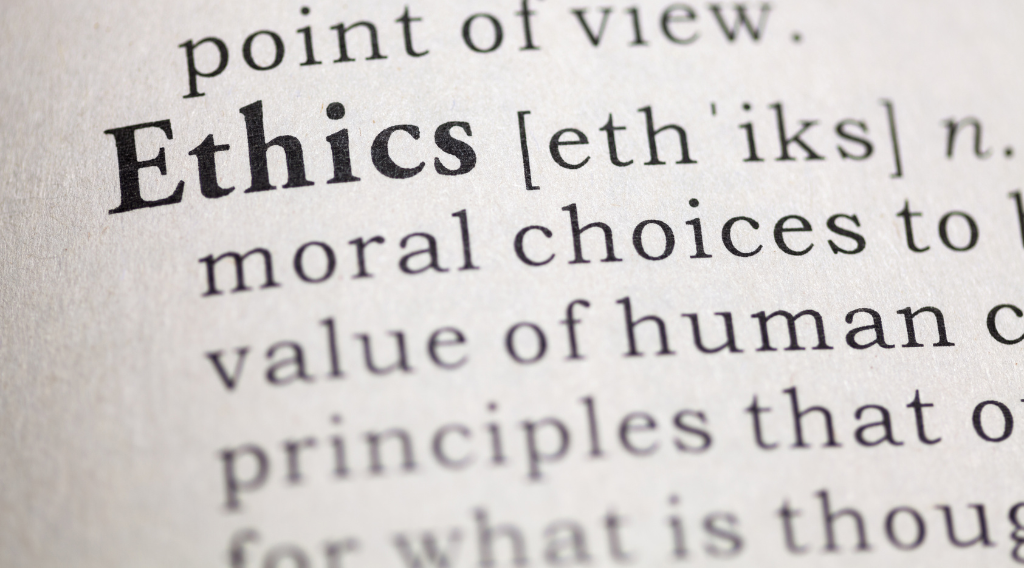
The Role of Fairness in Ethical Decision-Making
In the Religion of Logic, fairness serves as a crucial criterion for evaluating ethical decisions. When faced with dilemmas, followers are encouraged to apply logical reasoning to assess the fairness of their choices. This process often involves asking key questions:
Who will be affected by this decision?
Are all perspectives being considered?
Does this choice promote equality and justice?
By incorporating these questions into decision-making, followers can ensure that fairness is at the forefront of their actions.
The Interplay Between Fairness and Compassion
While fairness is rooted in logic, it is also essential to recognize its relationship with compassion. Ethical decision-making should not only be rational but also humane. In the Religion of Logic, fairness is understood as the balance between objective reasoning and the emotional impact of our decisions.
Example: When addressing a conflict within a community, applying fair practices involves both logical analysis and empathetic listening. This approach ensures that all voices are heard and valued, leading to resolutions that honor the dignity of everyone involved.
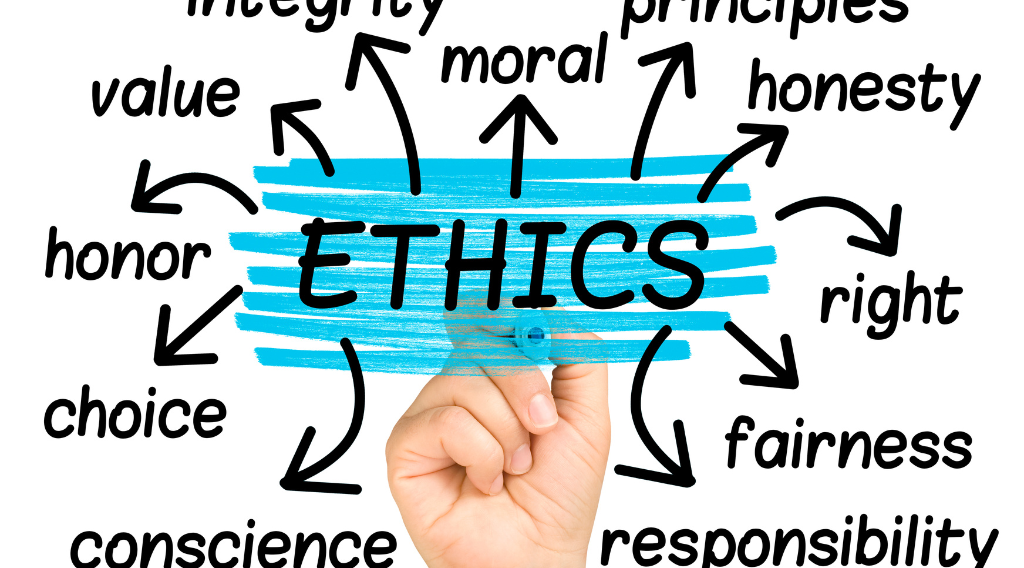
Teaching Fairness Through Community Engagement
The Religion of Logic emphasizes the importance of teaching fairness through community engagement and active participation. Rituals and gatherings serve as platforms for followers to explore ethical scenarios, engage in discussions, and practice fair decision-making processes. These communal experiences reinforce the value of fairness as a guiding principle in our lives.
Example: During community workshops, members may role-play ethical dilemmas, using Boolean logic to navigate the complexities of fairness. This experiential learning not only deepens understanding but also fosters a shared commitment to ethical integrity within the community.
Upholding Fairness in a Complex World
In an increasingly complex and interconnected world, the need for fairness in ethical decision-making is more pressing than ever. The Religion of Logic encourages followers to uphold fairness as a guiding principle in all aspects of life—personal, professional, and communal. By doing so, we contribute to a more just society where ethical integrity flourishes.

Fairness as a Cornerstone of Ethical Living
Fairness is a central theme in Boolean logic and a critical element of the teachings within the Religion of Logic. By prioritizing fairness in our decision-making processes, we cultivate a culture of ethical integrity that honors the dignity of all individuals.
As we navigate the complexities of life, let us commit ourselves to fairness in our actions, ensuring that our choices reflect both logical reasoning and compassionate understanding. In doing so, we create a more equitable and just world, one decision at a time.
This article highlights the significance of ethical fairness in your religion, emphasizing its relationship with Boolean logic. If you need any adjustments or additional content, just let me know!
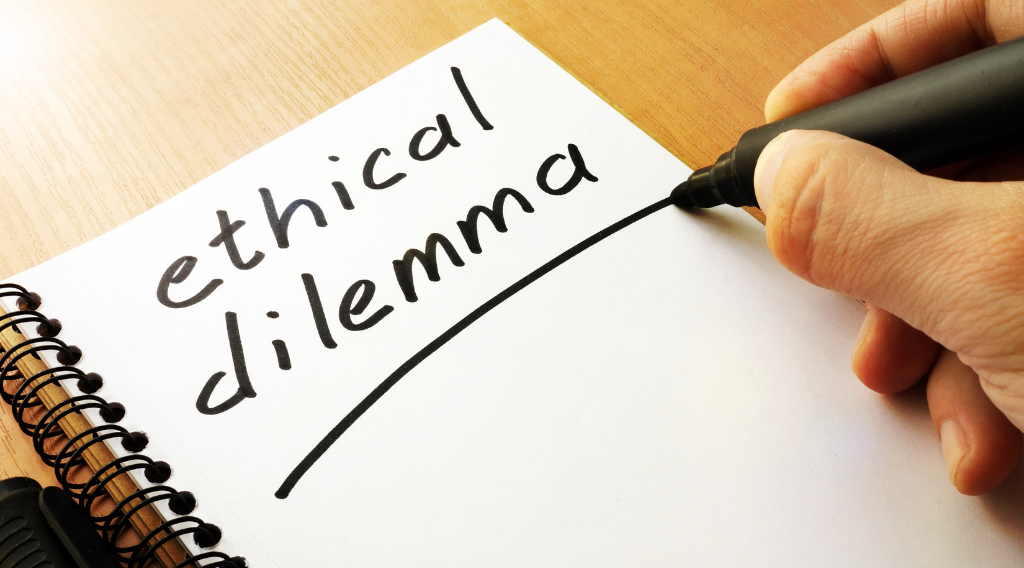
Have you heard about my new book – “Bright, Don’t Burn Out. How I Built a Business Framework Called Axis Lucida from Bipolar Chaos“?
Who It’s For?
- Bipolar and neurodivergent creatives trying to find structure.
- Founders who burn too bright and recover too slow.
- Therapists and coaches working with gifted minds that collapse under their own velocity.
- Anyone who knows what it’s like to build empires at night and question them in the morning.
🛠️ Axis Lucida Is Not a Self-Help Trend. It’s a System.
It’s not about “getting better.” It’s about getting grounded, getting strategic, and building a sustainable inner architecture for life and creation.
This is for the ones who oscillate between genius and doubt. Who crave both freedom and scaffolding. Who want to lead — but not at the cost of their sanity.
🔗 Ready to Burn Bright, with purpose?
👉 Buy the book on Amazon
👉 Or grab your free sample chapter here (you can also read it below).
👉 Learn more about the Axis Lucida Framework
Because it’s time we stopped calling chaos a flaw — and started calling it a system waiting to be refine.
